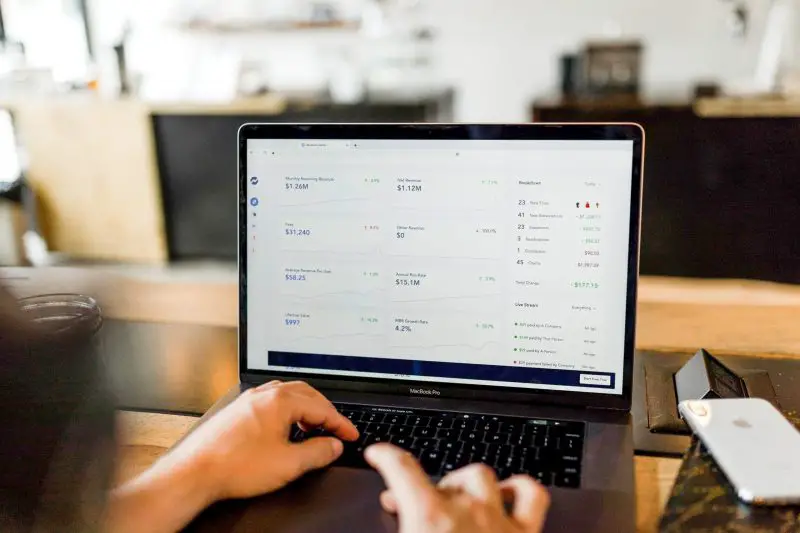This one goes out to all the investors out there focussing on dividends when making their investment decisions.
For those new – a dividend is a return of profit to shareholders.
In Australia there are tax incentives for businesses to pay out their earnings (profit) and that is what many do (in the form of a dividend). We refer to dividends as income as it's a payment to your account if you wish.
Now people love the fact you can buy something (a stock) and that something can pay you an income (a dividend) now and then.
For me though – I have no interest in investing in something because it pays a better (higher) dividend than another option. A dividend is only one part of an investment's performance.
Yeah, it's nice to have some tangible income from your shares twice a year, but it doesn't mean a company that doesn't pay dividends will not make you more money.
High yield isn't all that
I’ve had a few experiences with high yield products, thinking dividends was the name of the game (The term high yield means high payout or implies a better income than others).
I bought into the Vanguard High Yield fund. Yes it returned a good 6-9% yield at regular intervals, but I was losing capital making my total return around the 3-4% mark.
What that meant is while the dividends were good, the amount I was investing was shrinking.
I made the mistake of thinking high yield meant high return. It doesn't.
A case of high yield vs high return
For example, let's compare a high yield ETF company like Telstra of the last 10 years
They've delivered a solid 8% in dividends each year during that time (up to Aug 2020).
But if you look at the capital gain, it's grown 0%. So while I've made money through dividends, it's making up for the fact I'm losing my capital or investment.
Overall, the return on your investment would be 8% a year. Good, but we could have done better.
Let’s look at an investment that’s had an excellent track record of overall returns.
The IOO ETF for example had a great 10 years up to Aug 2020 – dividends of 3% PLUS a capital gain of 9%.
So while Telstra had an 8% dividend sent to you each year, your investment never grew.
With the IOO ETF, you received 3% in dividends and your investment grew 9%.
Over 10 years $10k in each investment would have returned you
- $18,547 from IOO
- $11,751 from Telstra
So looking at that, what would you rather have had?
For me, it’s the investment that has the best returns.
Yeah, I know at some stages in life you might want an income-producing asset to fill your bank accounts.
Guess what though? You can always sell your investment. You can afford it cause you made nearly $7,000 more buy picking an investment that gives a return not a dividend.
For me, the numbers again tell the story.
So how do you decide what to invest in? Is it important that you receive dividends?
